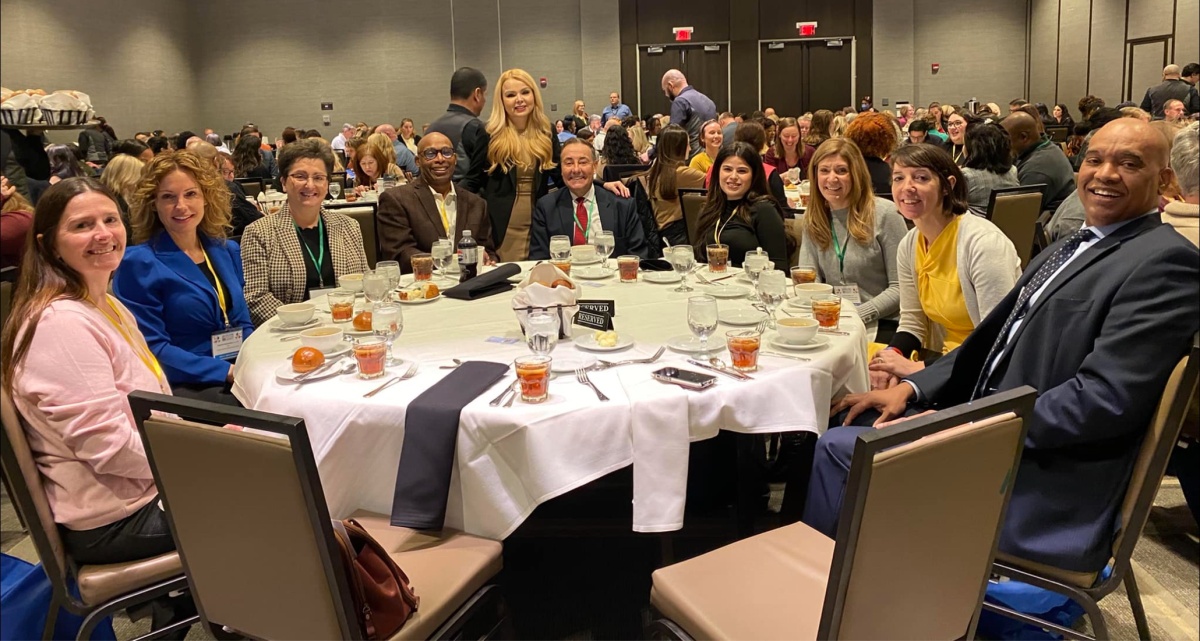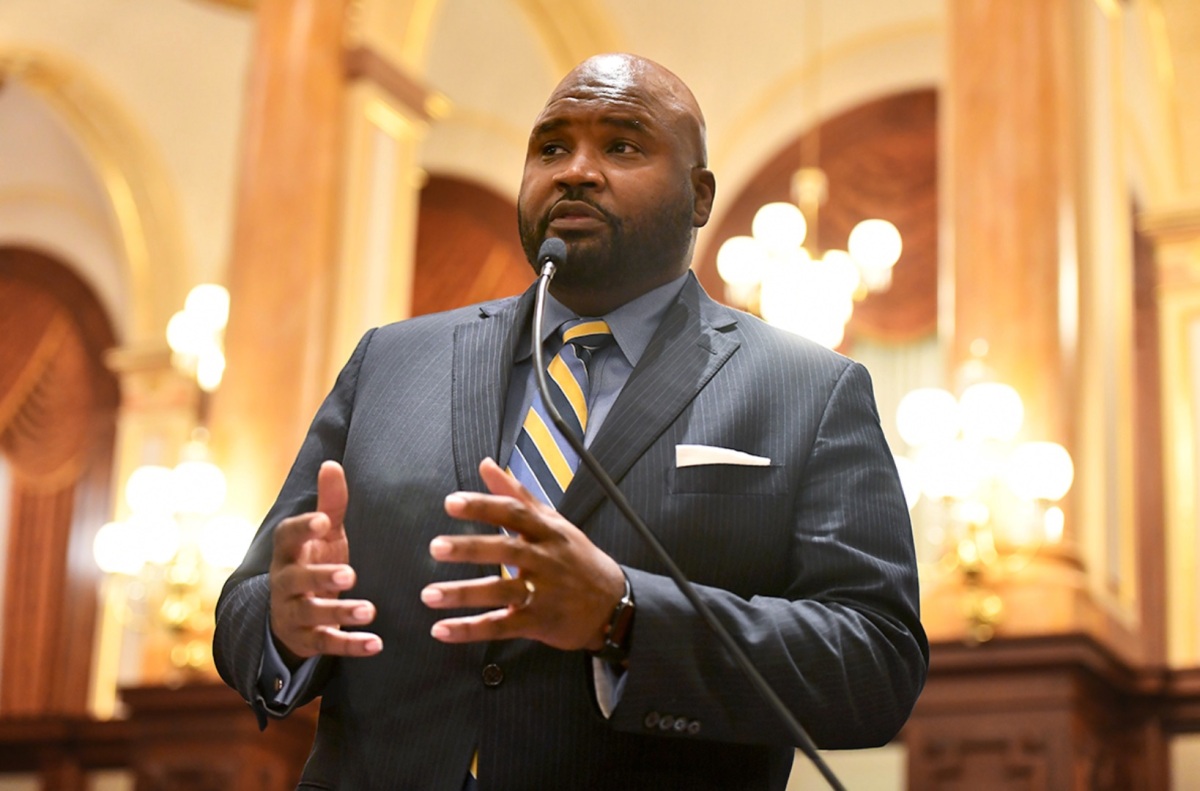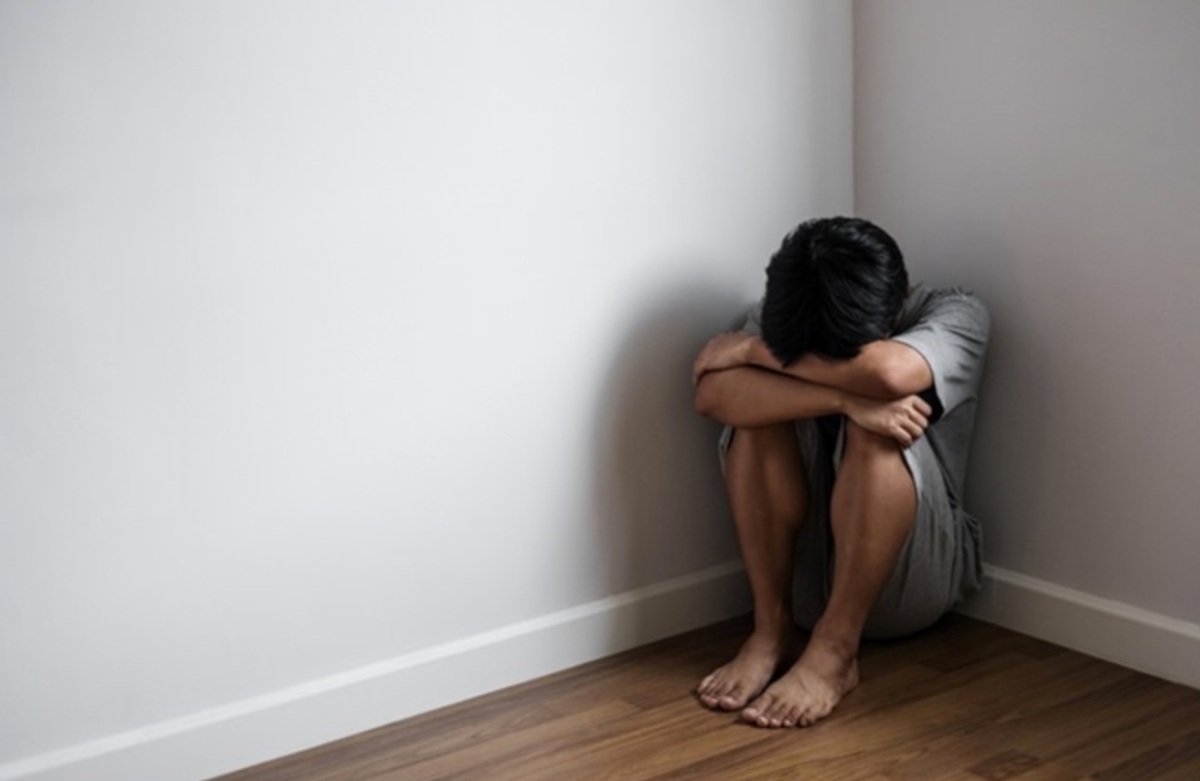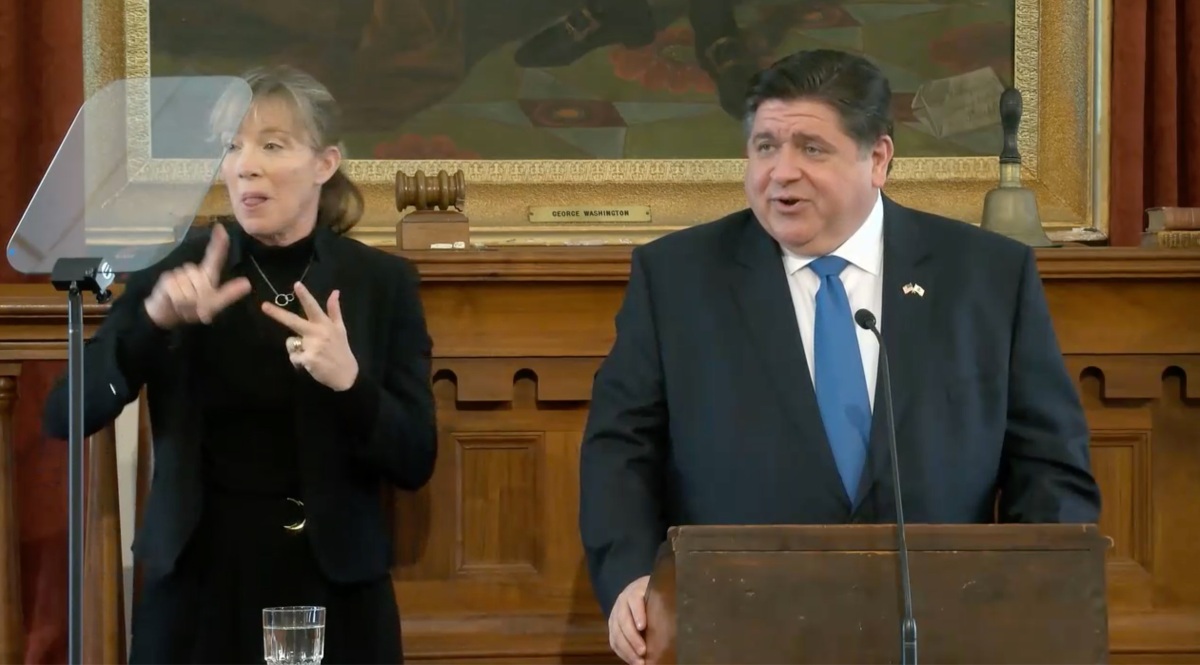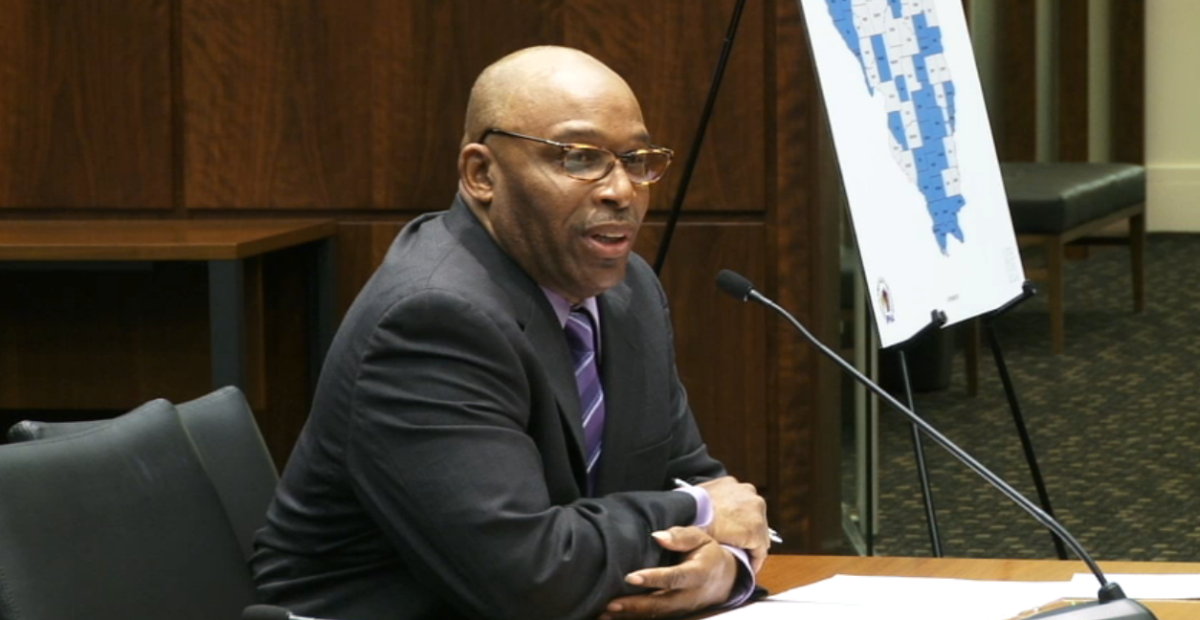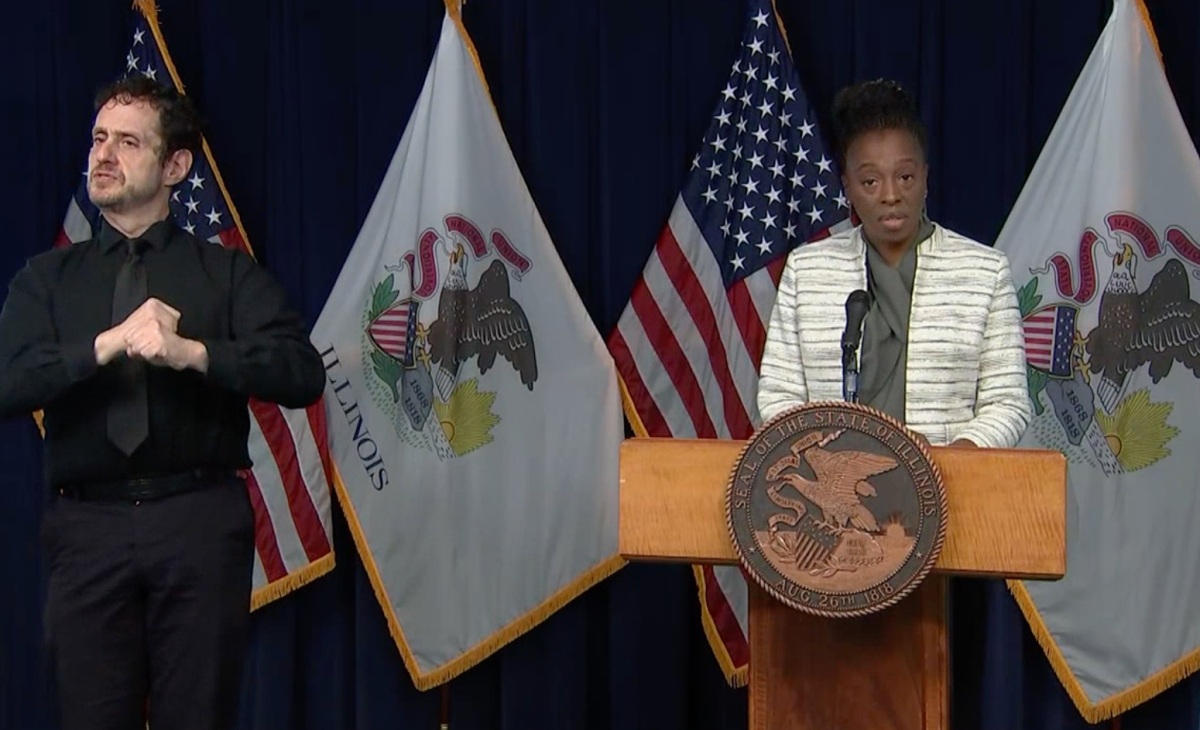(Springfield, Illinois) – One of Illinois’ top behavioral health advocacy groups honored this week two leading Illinois lawmakers for their “steadfast support” as well as other Illinois behavioral health industry leaders with leadership awards.
The Community Behavioral Health Association of Illinois (CBHA) bestowed its prestigious “2023 Legislator of the Year” award on State Rep. Lindsey LaPointe (D-Chicago) and State Rep. Jackie Haas (R-Kankakee) at the group’s 51st Anniversary and Winter Conference at the Hyatt Regency Hotel in Schaumburg on Tuesday, December 4th.
“Representatives LaPointe and Haas’ steadfast support for children, youth, and adults living with mental health or substance use disorders, and their leadership in the General Assembly on behalf of safety-net, behavioral healthcare providers, easily earned the lawmakers our ‘Legislator of the Year’ award,” said Community Behavioral Health Association CEO Blanca Campos. “We are proud to recognize them.”
LaPointe, a social worker, is Chair of the House Mental Health & Addiction Committee and has worked tirelessly to ensure annual mental wellness visits are covered by insurance and to improve the delivery of crisis services among other priorities. Haas, the CEO of the Helen Wheeler Center for Community Mental Health in Kankakee, is the Minority Spokesperson on the House Mental Health & Addiction Committee and has successfully pushed to expand health care, economic opportunity, and early childhood development throughout her community and the state.
In addition to the lawmakers, CBHA also recognized other leaders in the Illinois behavioral health sector.
The Ellen T. Quinn Memorial Award was given to Bernadette May.
May is a Licensed Clinical Social Worker and currently serves as the Executive Director of Family Service Association of Greater Elgin. May is a visionary leader who has been instrumental in shaping FSA’s success over the last 10+ years by leading with integrity and by advocating fiercely for children’s mental health. Her unwavering dedication has expanded the agency’s service communities, helping many more children and families receive behavioral health services.
The Frank Anselmo Lifetime Achievement Award was given to Marco Jacome.
Jacome, who is the CEO at Healthcare Alternative Systems, Inc. (H.A.S.), has been working in the field of social services for 45 years. For the last forty years, he has been with H.A.S. and has been serving as the CEO for the last 32 years. From its modest beginnings with just two facilities, H.A.S. has grown to encompass 11 facilities and three colocations. Most recently, H.A.S. opened its 11th facility, a $6 million-dollar, 20,000 square foot, state-of-the-art Community-Based Treatment and Counseling Center in the Austin neighborhood, offering crucial services such as Medication Assisted Recovery, mental health, and substance use services.
The Marvin Lindsey Behavioral Health Innovator Award was given to David T. Jones.
Jones, who is the State of Illinois’ Chief Behavioral Health Officer, has worked tirelessly to bring innovative models like Certified Community Behavioral Health Clinics (CCBHCs) to Illinois, and is a champion for equity-centered approaches to addressing social drivers of health. A common theme in Chief Jones’ work is a commitment to creative and innovative discussions as a foundation for generating new ideas, solving problems, and fostering collaboration.
The legislators and other honorees received their awards in-person at the Community Behavioral Health Association’s Winter Conference at the Hyatt Regency Hotel in Schaumburg on December 4th and 5th.
